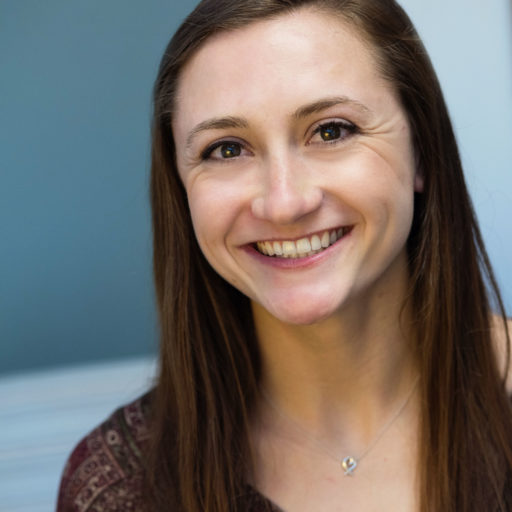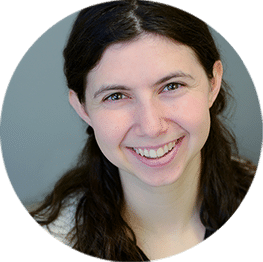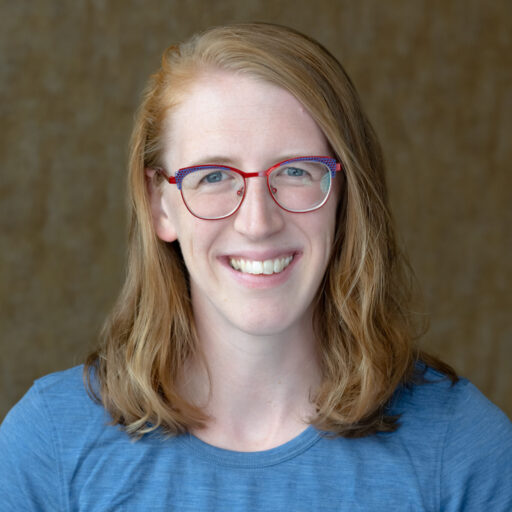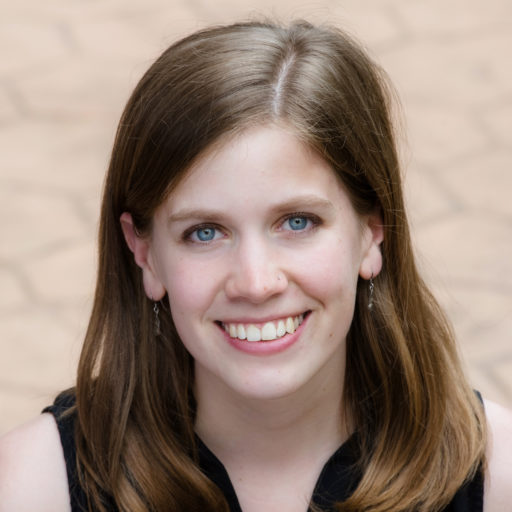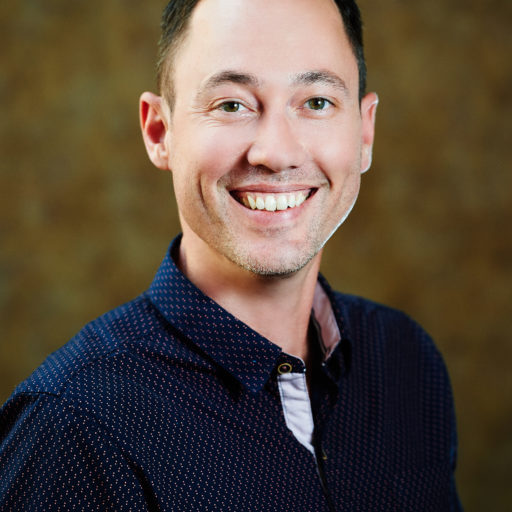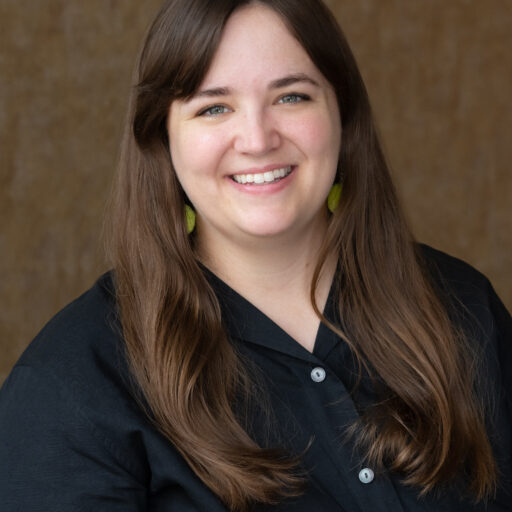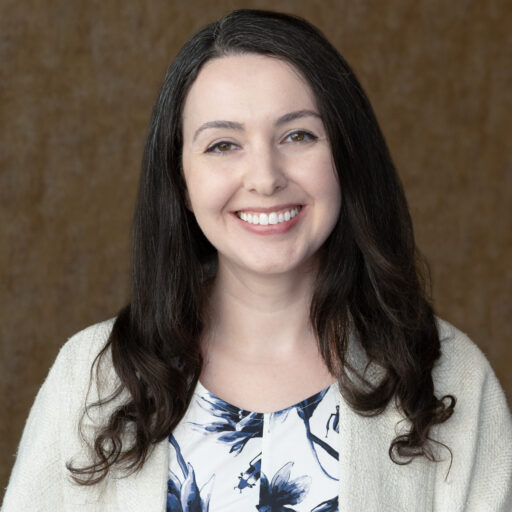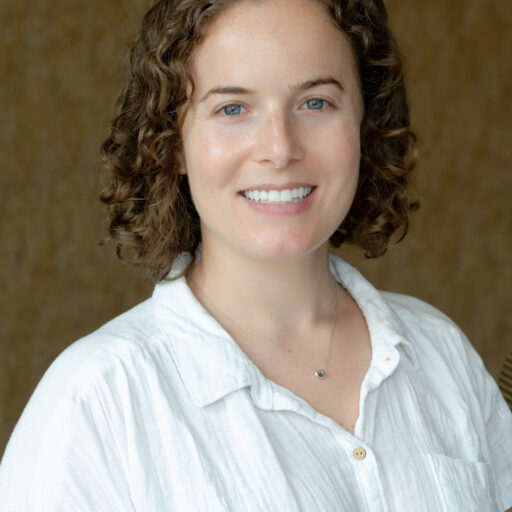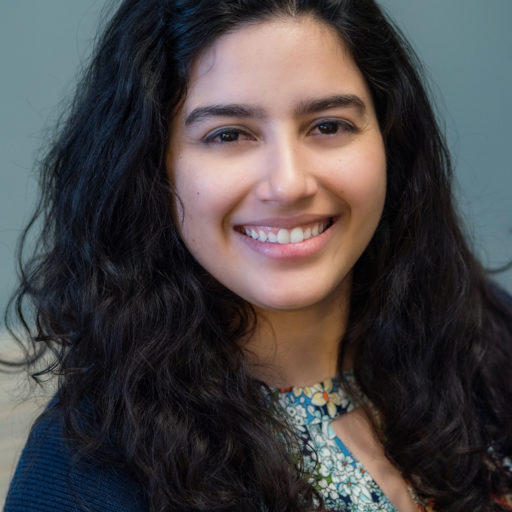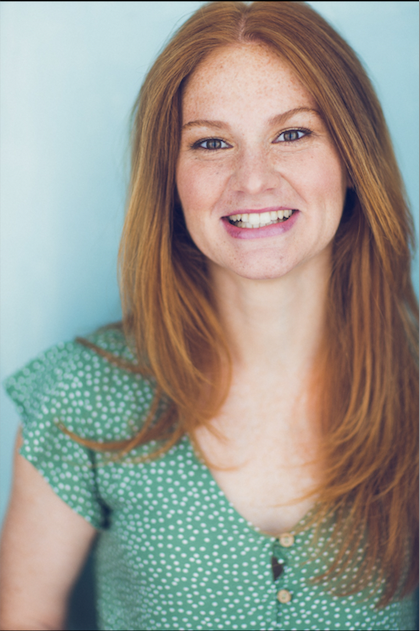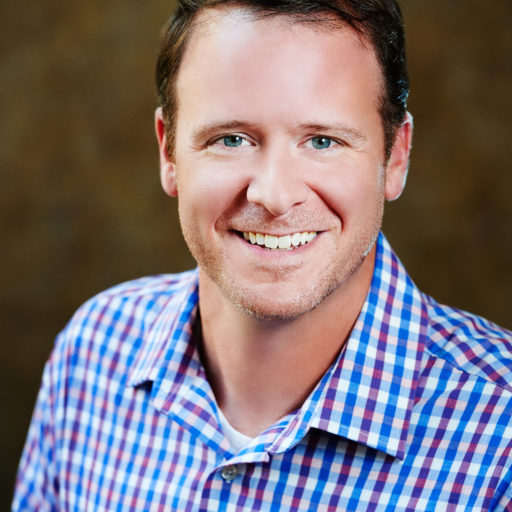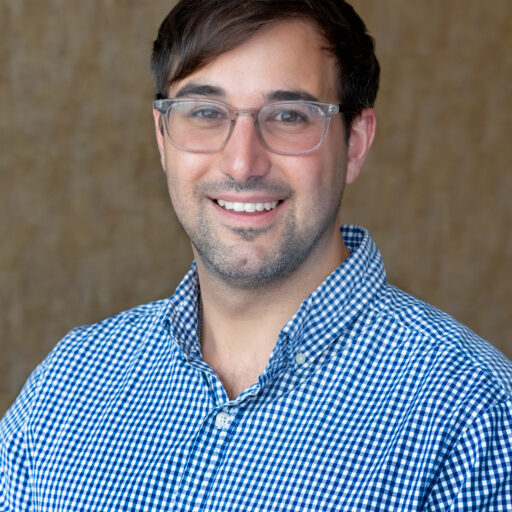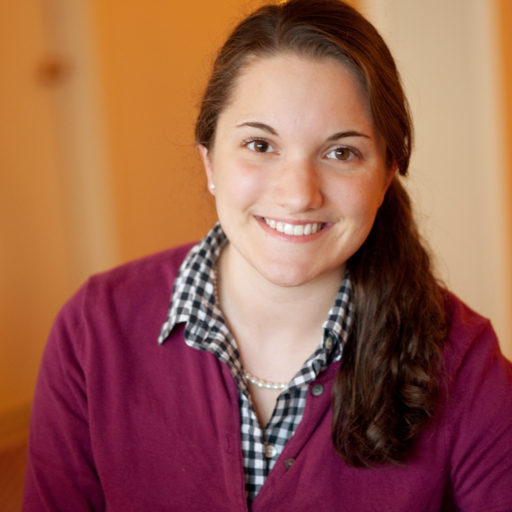One thing I’m going to try differently in my teaching this upcoming year is to incorporate more meaningful vocabulary in my classroom. I want to think about what specific vocabulary and phrases are required in order to access the content and build in a variety of structures to support students’ understanding of the terminology. Some current plans I have are matching diagram/description cards with partners, throwing vocabulary parties, using claim/evidence/reasoning, and whiteboarding word-bank responses. I’m looking for new structures and different ways of getting students to produce academic language, so if you have suggestions I’d love to hear them!
– Micaela Kaye, 2018 Teaching Fellow
I am looking forward to being more patient with my students and more willing to spend additional time on topics with which they struggle. Rather than push ahead and focus on the amount of content covered, I will focus more on the actual understanding of students, regardless of outside pressures.
– Marissa Lehmann, 2016 Teaching Fellow
I am trying pull-out groups to work on specific skills.
– Erin Oakley, 2015 Teaching Fellow
I’m going to try standards-based grading in my biology classes!
– Erin Smith, 2017 Teaching Fellow
I’d like to refocus my units to start with an interesting and engaging phenomenon that can be threaded through the entire unit. Hopefully this will increase student engagement and keep them excited about chemistry class!
– Caitlyn Macrae, 2018 Teaching Fellow
The one thing I’m going to try differently this year is to try fewer different things! Before adding new routines/structures/activities to my practice, I want to pause to consider the things I’m already doing that are effective and working. How can I get better at what works rather than adding more?
– Rick Barlow, Senior Fellow
I am going to try to incorporate more of the Next Generation Science Standards into my biology class by getting rid of things not included in the assessment boundaries that I’ve always taught because “that’s how we’ve always done it.” Along with this, I am trying to get more project-based learning in my classroom!
– Sara Abeita, 2016 Teaching Fellow
I will focus on making my classroom predictable and consistent. I am trying to make explicit the rules and culture of power in my classroom by making sure students know the answers to questions like: How do I know that I’ve done something right or wrong, and what are the consequences? How do teachers and administrators expect me to behave? What counts as part of my grade? How can I support my classmates?
– Manju Connolly, 2017 Teaching Fellow
I am going to devote more time to meeting with students outside of class, not just to help them study but also to get to know them, and being more responsive to their input on how the class runs. I’m also going to try a couple of new projects, thanks to an inspiring presentation I attended at the 2018 Knowles Summer Meeting!
– Zoe Masters, 2015 Teaching Fellow
I want to be better at giving my students feedback that can help them grow. After a major assessment, I show them their work and we move on. I want to individually conference with students to discuss their progress and give them a chance to reflect. Maybe it’s time to revisit having my students make portfolios!
– Kristin Mongelli, Senior Fellow
This year I want to take more time for myself. I think I can do this best by setting time limits and boundaries on my work time and also thinking more carefully about assessment in my classroom. If I am more conscious about what I need to do to assess student understanding, then I can make more time to take care of myself after work (instead of grading). I am hoping this will help me become a more patient and thoughtful teacher!
– Emily Berman, 2015 Teaching Fellow
One thing that I will try differently in my classroom this upcoming year is to incorporate restorative practices into my classroom management. I also want to include “brain breaks,” where students get to do something fun/engaging and educational. I am planning on doing this after the end of each unit or after testing days. I think this would help foster a more caring environment and a positive classroom culture.
– Monique Rivera Velez, 2018 Teaching Fellow
My classroom is being turned into an “active learning lab” with flexible seating, fun brightly colored walls, TV monitors, and iPads. I will be emphasizing my students’ learning in an environment where active participation is required, encouraged, and integral to daily routine, with minimal direct instruction. Special features include whiteboard walls for writing problems/questions/wonderings, seating designed for collaboration, and an open layout without a traditional “front of the room.”
– Kara Teehan, 2016 Teaching Fellow
I’m really good at having students work on identifying who they are as learners, but I haven’t had a chance to have students make that work public with other kids so they can start to connect and build allies within the classroom. This fall, I want to help students not only figure out who they are as learners and how they learn, but also find out who else is in the room is like them, so they can start to build partnerships with one another.
– Kevin Henson, Senior Fellow
During my student teaching, because I felt like I had to get through content quickly, I did an activity that combined team building and content on the first day of the trimester. Unfortunately, that activity didn’t set up the norms and team-building strategies that I had anticipated. So, going into this new year, I am going to dedicate at least one class period fully to team-building, and norm construction and enforcement. Hopefully, this activity will ensure that norms are clear, which will save time later in the year while fostering more productive team interactions among students.
– Lawrence Teng, 2018 Teaching Fellow
We talked in our cohort [at the 2018 Knowles Summer Meeting] about norms and how they can help students have access to learning. I haven’t done a really good job of having norms and being consistent with them, which is the same for a lot of my cohort members. I am excited about having working, student-centered norms that we can continue to change. If a norm comes up, and we recognize that it denies access, or I realize that it denies access, we change that norm. Last year it was what my classroom was doing; I am excited this year for how my classroom is doing.
– Anthony Tedaldi, 2016 Teaching Fellow
This upcoming year, I am really excited to get my students to talk more efficiently in groups by enacting some of the complex instruction strategies I learned at a PD this summer.
– Kayla Kutemeier, Senior Fellow





